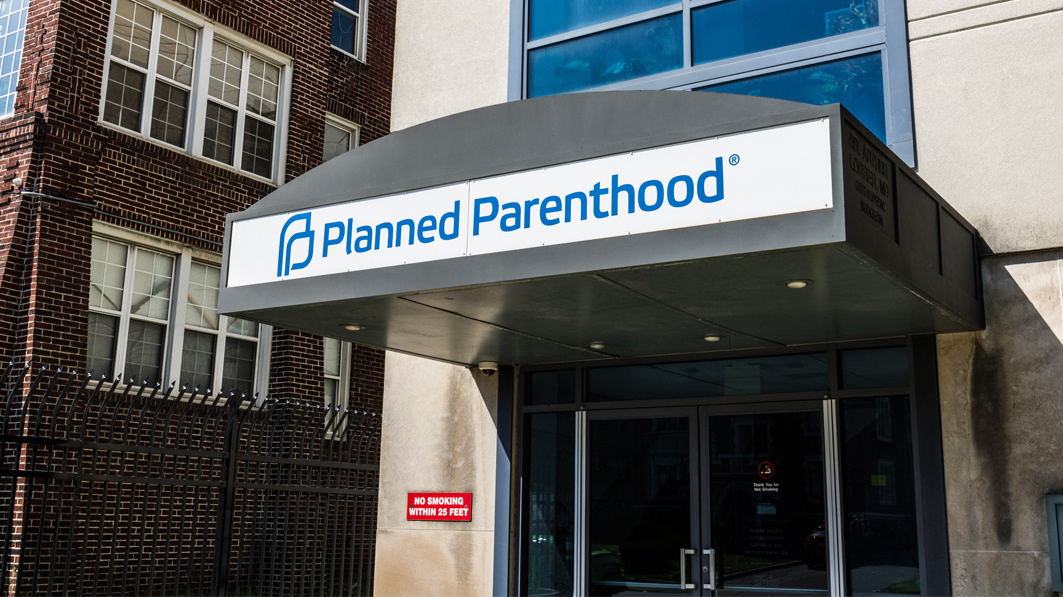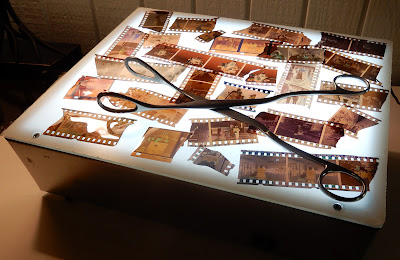What changed an abortion counselor’s mind
Linda Couri worked at Planned Parenthood but left and became pro-life. She gave an interview on the WeDignify podcast where she spoke about her experiences working for the largest abortion provider in America.
Couri believed in Planned Parenthood’s mission, which she saw as educating young people about sex and providing health care. In retrospect, she thinks one reason she worked at Planned Parenthood was the affirmation they gave her about her own abortion. Couri was strongly pro-choice but had never been able to convince herself that abortion was not killing a baby. When she had her own abortion, she says she just “tucked it away into a little spot far, far away for a long time” and tried not to think about it.
Workers at the Planned Parenthood facility affirmed her choice and eased any lingering sense of guilt:
[I] could surround myself with a lot of really good, caring women, self-sacrificial women working at Planned Parenthood, who would surround me and say, “yeah, it’s okay. It’s okay that you did this. It was your right. Not only that, it was probably better for the whole world.” And so, it helped to keep the psychological distress of the abortion at bay.
While working at Planned Parenthood, Couri struggled with the issue of abortion:
What did cause me distress was the issue of abortion, merely because although I was pro-choice, i.e., you shouldn’t take away the right of a woman to control her own body – I was highly convinced of that – but I also knew that something really bad was happening, like killing very small people. So that had always made me uncomfortable. But the dissonance that that created, I often was able to avoid. Avoid, and just not deal with it.
Couri mainly worked in sex education, but she was sometimes asked to counsel women considering abortion. One day, she was asked to talk to a pregnant 16-year-old. Couri says:
She’s crying and scared. My job was to go through her options, and after comforting her and letting her know it would be okay, I said, “Well, you have three options. The first is, you can keep the baby. That will be difficult, but we can help you through that.… And I said, “you could give up your baby for adoption. That too will be hard, but we can help you with that.” Because we did have connections with adoption agencies, and to help girls through their pregnancy. And then I said, “or you can have an abortion.”
Although Couri attempted to be neutral, she was convinced that abortion was the best choice for the girl:
[I]n my mind, at the time, I really, truly, from the bottom of my heart, believed that abortion was the best option for her. I saw her carrying the baby and keeping the baby as really ruining her life. For making her life way too difficult. And I saw her, quote, “giving the baby up” for adoption … But I also saw that option as being very difficult. So, in my mind, abortion really was the best option. After all, I had had an abortion, and it [had] seemed like the best option to me – I was unscathed, right?
But I saw it as her choice, so I presented these three options.
The girl asked Couri, “Please tell me one thing. If I have an abortion, am I killing my baby?”
Couri describes her response:
It was hard, because I knew that she was. But I decided to answer by saying, “Well, you will be terminating the product of your conception.” Which was meant to deflect the question. And I knew it. And she looked at me kind of confused, and she scheduled an abortion. Which I really thought was the best option for her, but I was really stressed out, because I didn’t answer her question. [I] rhetorically tricked her.
Couri felt guilty for being dishonest. She went to her supervisor:
I went to go talk to my supervisor. Who was really great. I said, “I just lied to her.” And she and I – we didn’t play the semantics game, like, oh, it’s not a life, it’s not life – we both kind of just went straight to the issue, which was like, this is the best option for her. Abortion’s the best option. This is a hard job that we have, and it’s a hard choice, but [it’s] the best choice for her and for her life. That’s what we believed. But still, there was, like, this fuzzy dissonance. It was like static in my head.
This was not the last difficult conversation Couri had with other staff. One day, a nurse who worked at the facility came into Couri’s office, upset and on the verge of tears. Couri explains:
She came into my office, and she seemed to be upset, and she shut my door. And she said, “I don’t understand why I’m so upset, Linda. I’ve been doing this for a long time, but for some reason it’s really getting to me because I just saw a little hand, during an abortion procedure.” And, she and I sat, knee to knee – two women that were being paid very little to do the work that they do, feeling like we had a mission – sitting knee to knee holding each other’s hands. And being really sad, kind of weeping a little bit, and saying, “Are we doing the right thing?” And spending a bunch of time convincing each other that we were. Hugging each other and saying “Carry on. Onward and upward! Let’s go do the right thing.”
These incidents unsettled Couri, but then she discovered something else. Couri was thinking of doing an academic research project on women’s responses to abortion. In the past, the abortion facility had left journals in the recovery room for women to write down their feelings after abortion. Couri decided to look at them for her research. Couri had always believed that she was helping women by providing abortions. But she was in for a shock:
I noticed that in the abortion clinic that there were stacks and stacks of journals down there… So, I was like, oh wow this is great. I have untainted, qualitative research in terms of how women feel right after their abortion. So, in my mind it would’ve been a fabulous research study. So I went down to the clinic one day when nobody was there, and was just like, I’m going to peek through them and kind of see what they say. And some of them said things like, “I’m so relieved, everyone here has been so kind,” but as I started flipping through the journals there were entries like, “Oh my God, what have I done? I killed my baby.” Like, panicked writing.
These entries had a profound effect on her:
And I can remember the feeling I had where I was literally confused. I was like, wait what? I couldn’t believe it. I had fully expected that people would [be] relieved. You know, projecting myself onto them – that they would be relieved. But it was all these other reactions and they were written down. It caused me to double take, and I was like, wait what? People – and then I started thinking, where do these people go? Some of them are young. What did they do? They’re leaving here. What kind of support systems do they have? They feel this way – it really messed with my world.… It did not match up with what I thought reality was, and I couldn’t deny it, because it was written down. There was no agenda behind these people writing it down. It was just pure unadulterated reaction to how they felt after an abortion.
The journals caused Couri to reconsider what she was doing. It began to dawn on her that abortion was not helping women. At first, she tried to set up a post-abortion support group in the facility. But she had trouble attracting women to it. Many women seemed to want to forget their abortions happened. They did not want to return to the abortion facility or talk to Couri.
Shortly after gaining this new perspective, Couri left the abortion industry.
[Today’s guest post is by Sarah Terzo.]



Leave a Reply
Want to join the discussion?Feel free to contribute!